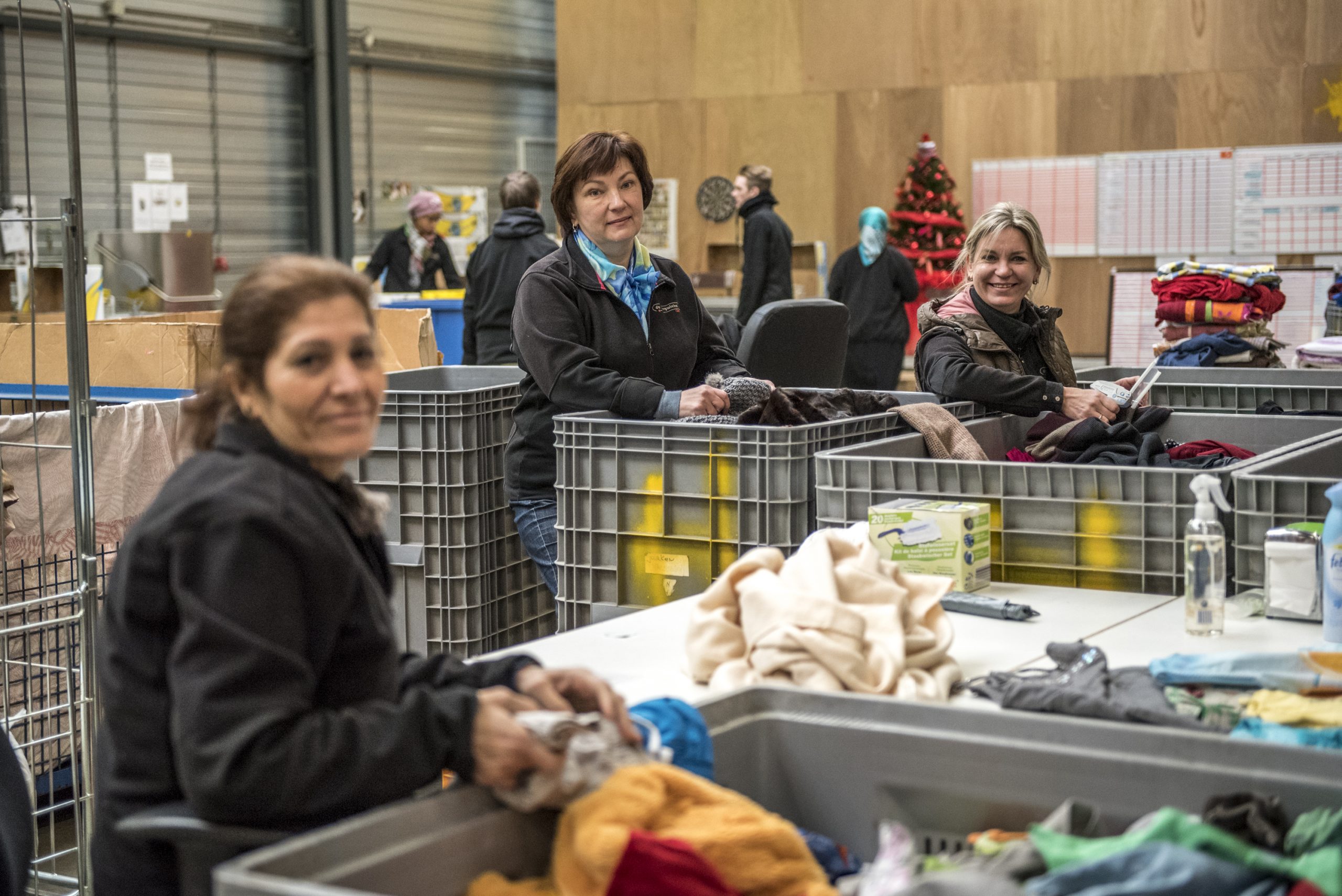The COVID-19 recession has further exacerbated existing inequalities and highlighted the interrelation between social problems and precarity, as well as the drawbacks of the current economic model. However, the crisis could also serve as a catalyst to redesign our economies to be more inclusive and sustainable.
RREUSE welcomes the European Commission’s proposal to develop a favourable policy environment for social economy actors, calling for an ambitious Social Economy Action Plan (SEAP) that would provide a policy toolbox enabling a green, fair and circular transition in the post-COVID economic recovery.
The SEAP’s effectiveness relies on the intrinsic link between the social and circular economies, creating opportunities for new partnerships between social enterprises and the public and private sectors along different value chains. Social enterprises — operators in the social economy whose primary objective is to have a social, societal or environmental impact over profit — should be at the Action Plan’s epicentre. Their transversal nature ideally posits them to deliver crosscutting social, circular and digital objectives, paving the way for a future economy that works for people and the environment.
In order to establish a sustainable EU socio-economic environment and maximise the Social Economy Action Plan’s potential, RREUSE seeks to put forward the following recommendations relative to four priority areas:
- Mainstream the social economy within circular policies and beyond
- Recognise the real value of social enterprises active in the circular economy
- Improve access to funding for social enterprises
- Acknowledge social enterprises’ role in skilling and upskilling to meet changing market needs
Picture Credit © Boaz Timmermans & Kioni Papadooul, De Kringwinkel


